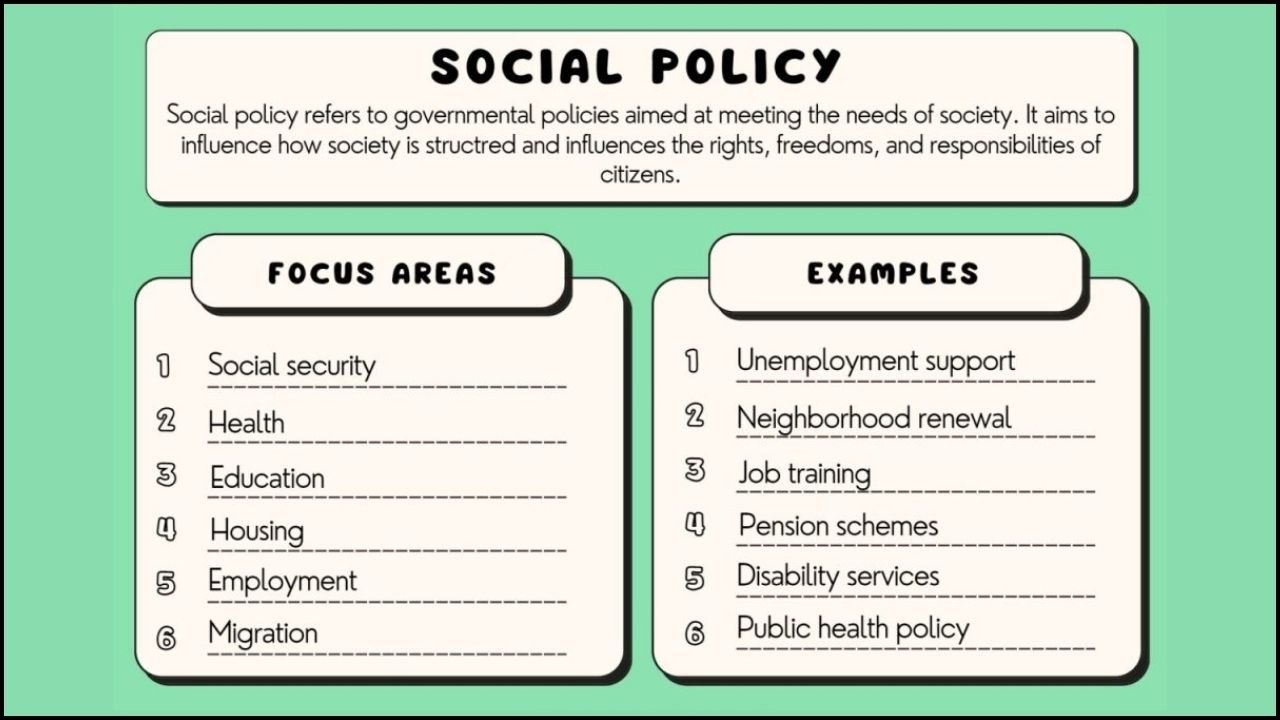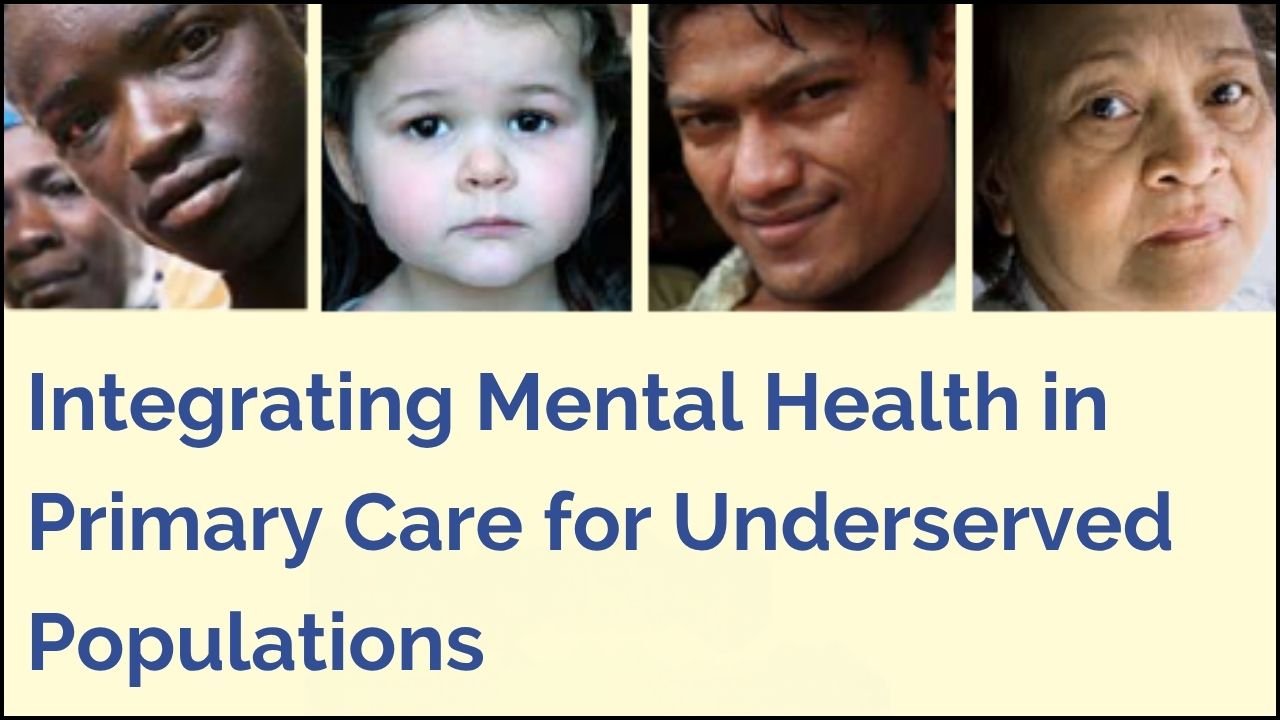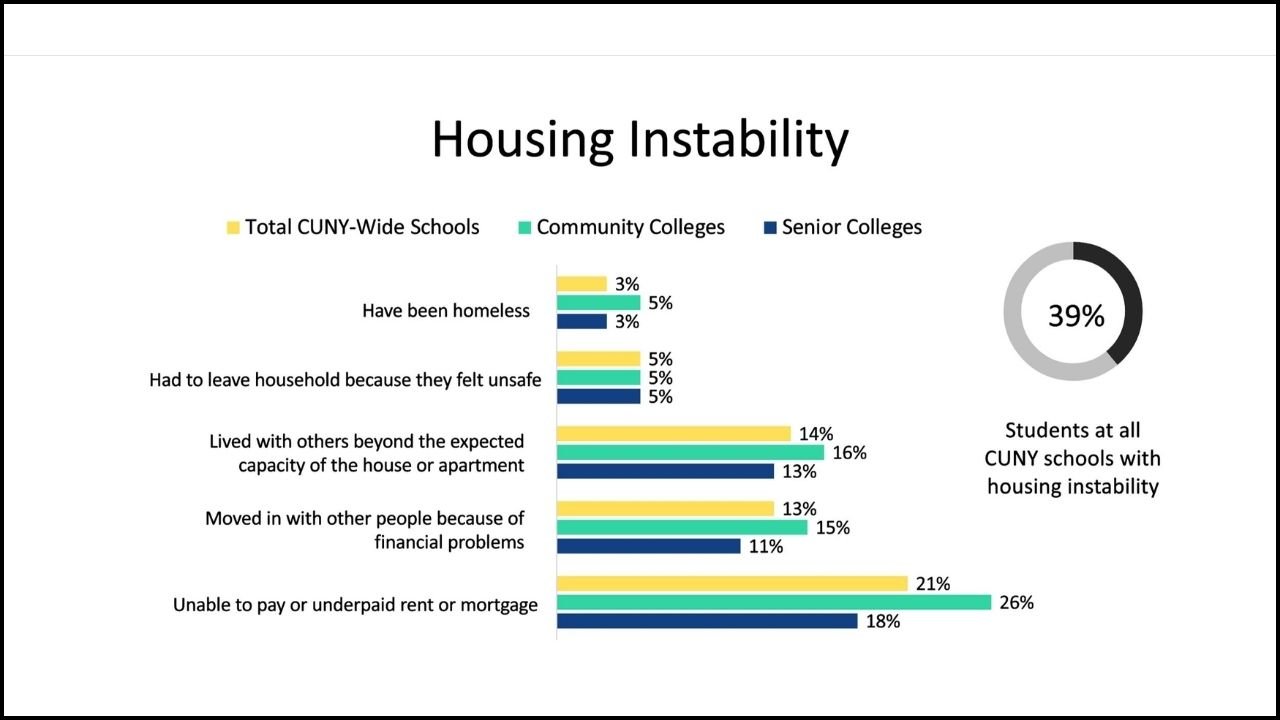
Training the public health workforce is essential to building a stronger health system. Skilled professionals help communities stay safe and healthy. The Johns Hopkins Bloomberg School of Public Health provides a wide range of educational and training programs to support this mission. These programs serve both new learners and experienced public health leaders. Many options are available, including online courses, short-term programs, and full degree offerings. This article gives a detailed look at workforce training opportunities tailored for different roles in public health.
Table of Contents
Training Options by Role
Each role in the public health field requires specific skills. The training programs are designed to meet the unique needs of each group.
| Public Health Role | Training Focus |
|---|---|
| Leaders and Professionals | Leadership development, strategic planning, and ethics |
| Infectious Disease Teams | Outbreak response, COVID-19/Monkeypox protocols |
| Data Science Experts | Data analytics, visualization, and machine learning |
| Laboratory Scientists | Lab safety, testing methods, and quality assurance |
| Policy and Advocacy Workers | Health policy, legislative processes, and communication |
| Epidemiologists | Disease tracking, modeling, and statistical methods |
| Public Health Nurses | Community care, case management, and patient education |
| Communications Specialists | Health messaging, risk communication, media skills |
| Behavioral Health Experts | Mental health, addiction, crisis response |
| Administrators and Finance Staff | Budgeting, healthcare systems, and project management |
| Sanitarians and Engineers | Environmental health, infrastructure safety |
| Nutritionists | Diet planning, food security, and public health nutrition |
Modes of Learning
Flexibility in learning is important for busy professionals. Programs are offered in various formats:
- Online Courses
Self-paced and instructor-led options are available. These suits individuals who need flexibility. - Onsite Classes
Face-to-face sessions offer more interaction and networking. - Accelerated Learning Institutes
Summer and winter sessions provide short-term courses. These are perfect for working professionals. - Professional Training Centers
Specialized centers offer targeted training in emergency preparedness, health communication, tobacco control, and more.
Popular Programs and Features
Some training programs are especially popular due to their relevance and quality.
| Program Name | Details |
|---|---|
| Certificate Programs | Short-term programs focused on a single topic area |
| Degree Programs | Full-time or part-time programs leading to a public health degree |
| Individual Courses | Courses taken for credit without enrolling in a full program |
| Emergency Preparedness Training | Courses designed for fast response in crises |
| Leadership in Tobacco Control | Training in anti-smoking campaigns and policies |
| Health Communications | Techniques for clear and effective public health messaging |
| Indigenous Health | Programs tailored for working in native communities |
Benefits of Workforce Training
Public health professionals gain multiple benefits from these programs:
- Improved Job Skills
Learning new techniques and tools makes professionals more effective. - Career Advancement
Certifications and degrees open doors to promotions and leadership roles. - Stronger Teams
Managers can build more capable teams by enrolling staff in these trainings. - Customized Learning
Training plans can be adapted to match the needs of specific organizations.
Support for Managers
Managers of public health teams can also benefit:
- Team Training Plans
Customized plans can be created to improve group performance. - Flexible Scheduling
Learning options can fit into regular work hours or take place during off-hours. - Contact Support
Questions can be sent directly to program staff for guidance on planning.
How to Register
Registration for individual courses is simple. Professionals can take up to 16 credits without enrolling in a degree or certificate program.
- Course Directory
A searchable database lists all courses by keyword and topic. - Non-Degree Student Page
Detailed instructions guide learners on how to sign up. - Academic Program Finder
This tool helps locate the right program by topic, format, or role.
Additional Resources
Many free and paid resources are available:
- Free Online Courses
Open-access learning is available for quick skill development. - Resources for Practitioners
Guides, webinars, and downloadable content offer real-world tools. - Continuing Education Contacts
Program advisors are available to help develop training strategies.
| Resource Type | Availability |
|---|---|
| Course Directory | Open to the public |
| Program Finder | Filter by topic or type |
| Professional Centers | Run by experts in specific areas |
| Custom Plans | Created for organizations upon request |
| Contact Email | JHSPHContinuingEd@jhu.edu |
The Way Forward
Workforce training strengthens the foundation of public health services. Johns Hopkins Bloomberg School of Public Health provides high-quality education options for professionals at all levels. These programs help individuals grow their skills and help organizations perform better. With flexible formats, role-specific learning, and expert guidance, workforce training becomes more accessible and useful. Public health professionals are encouraged to explore the available opportunities and take the next step in their learning journey.





